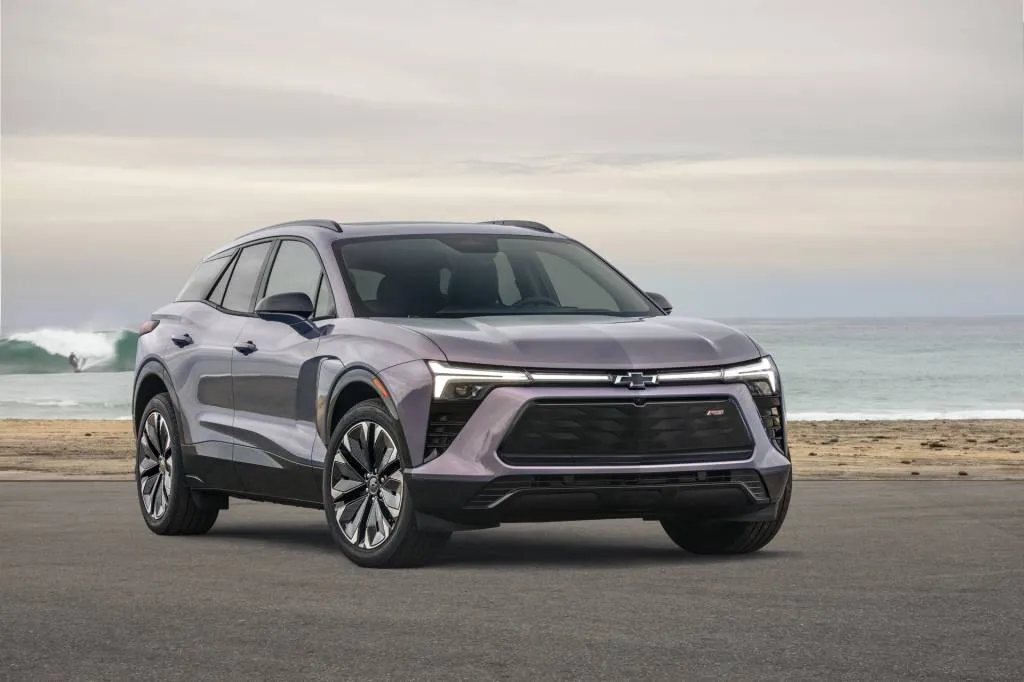

The majority of EV purchasers eligible for a federal tax credit have gotten the credit as a point-of-sale rebate since that option was added at the beginning of the year, The Treasury Department said in a press release.
As part of a revamp of the federal EV credit enacted under the Inflation Reduction Act (IRA), credits of up to $7,500 for new EVs and up to $4,000 for used EVs became available at the point of sale through dealerships January 1.

2024 Ford F-150 Lightning Flash
Since, then the Treasury Department claims to have issued more than 150,000 tax credits—125,000 of which were for new-vehicle purchases—equivalent to more than $1 billion in financial benefits. More than 90% of new-vehicle credits and approximately 80% of used-vehicle credits were issued as point-of-sale rebates, according to the Treasury Department.
Those take rates are impressive considering that not all eligible dealerships were registered with the IRS and ready to offer point-of-sale rebates at the beginning of the year, when the new policy took effect. The figures quoted by the Treasury Department indicate that most dealerships—or at least the ones that sell the most EVs—have since gotten onboard.

2024 Chevrolet Blazer EV RS
Allowing eligible EV buyers to collect the credit at the point of sale, rather than receiving it when they do their taxes, could enhance the effectiveness of the incentive. Buyers like the idea of a point-of-sale rebate so much that they would have settled for less money up front, a George Washington University study published in 2022 found.
Point-of-sale rebates aren’t limited to franchised dealerships, either. The tax credit can be claimed on Teslas at the time of purchase via its company-owned direct sales apparatus.
Source link
#Feds #eligible #purchases #tax #credit #point #sale



